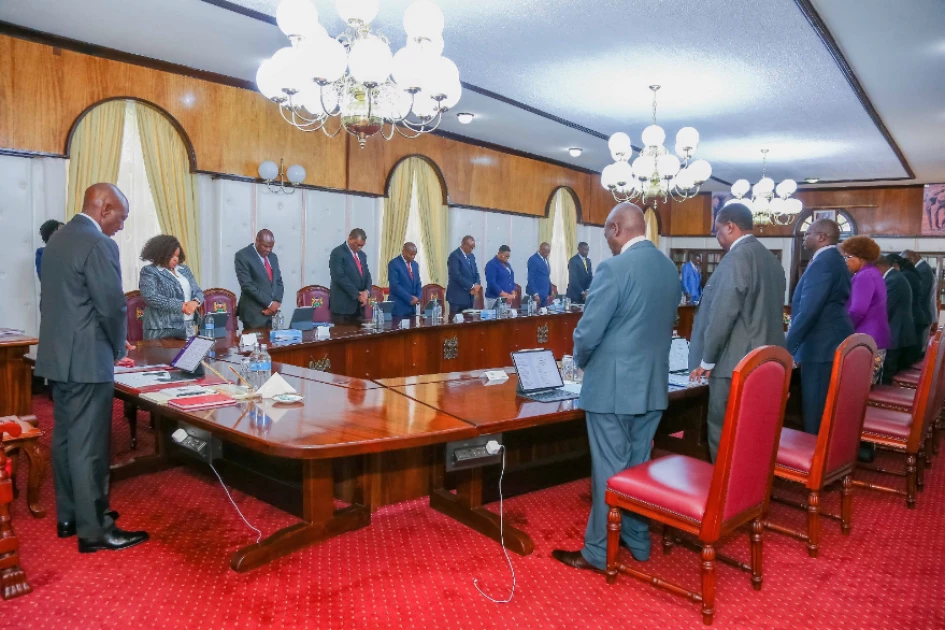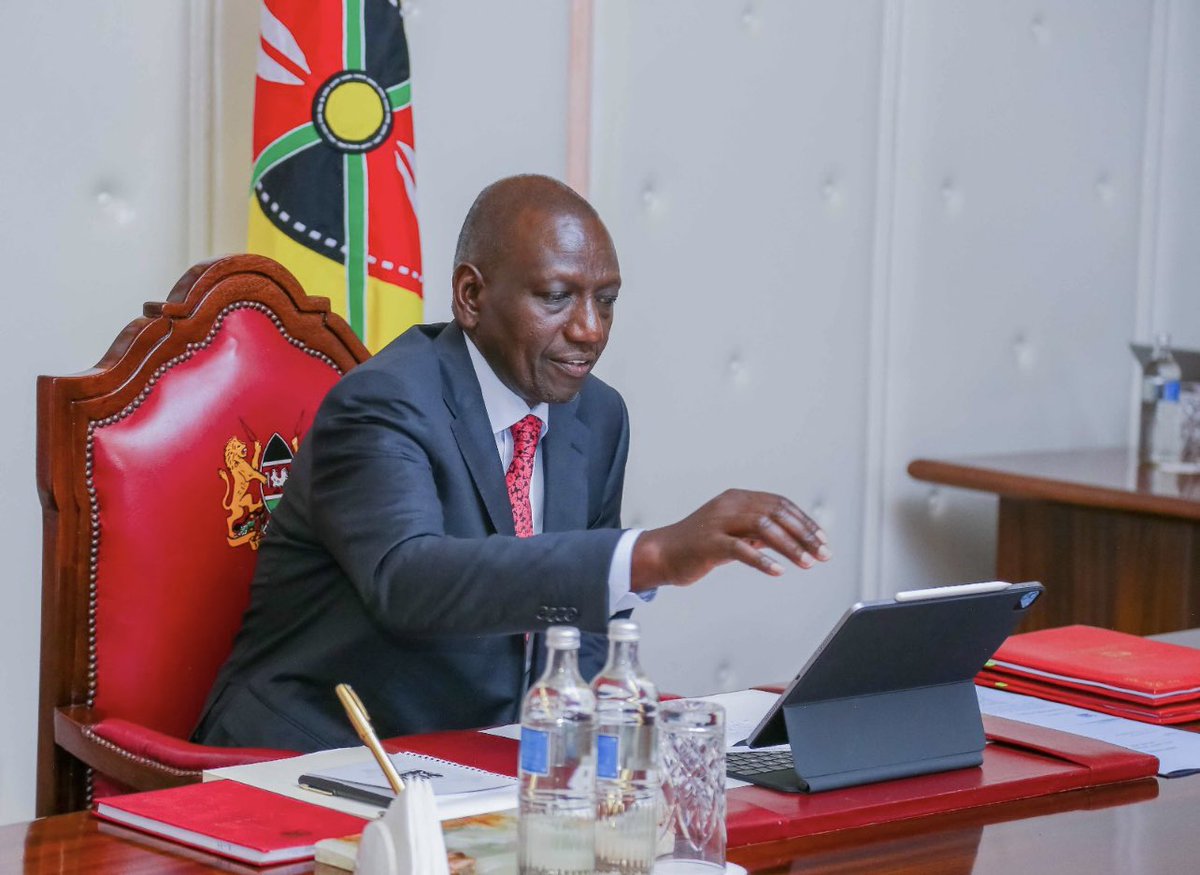Tuesday's Cabinet meeting at State House in Nairobi, presided over by President William Ruto, approved reorganizing Kenya Power's balance sheet to return to profitability.
Concerning loan balances and the liquidity gap, the new plan is centred on improving the company's financial viability.
Kenya Power's Board members will be changed to reflect its shareholding following the Kenya Kwanza Bottom-Up Economic Transformation Agenda.
The Cabinet also approved the Water Act of 2016's proposed revisions, which include Public Private Partnerships (PPPs) for the growth of the water sector.

Did you read this?
The ambitious goal of the Kenya Kwanza administration to invest in water collecting and storage for domestic use, livestock, and irrigation is in line with this action.
The goal is to construct at least 100 big dams using PPPs, 1000 medium dams, and 3000 minor dams to address the water difficulties brought on by climate change.
The functions of Water Works Development Agencies as suppliers of bulk water services are made more evident by these modifications to the Water Act.
They also link the Water Act of 2016 with the Public-Private Partnership Act of 2021 and create a licensing system for these organizations.
While recent rains have brought respite to Kenya's drought-stricken regions, the Cabinet is aware that long-term resilience requires locally driven solutions and continuous resource mobilization.
The council also encouraged livestock restocking to help struggling households in dry regions recover.

To maintain sustainable natural resource management, the Cabinet also underlined the significance of implementing drought risk reduction methods.
Following constitutional obligations, the Cabinet has also approved the Kenya policy on public participation, which provides the fundamental benchmark for successful citizen participation in development and government.
The hub will provide employment opportunities and local markets for medical supplies, positioning Kenya well to respond to health-related emergencies.
The Cabinet also mentioned that stakeholder participation had been used to settle other conflicts involving the property.
The nation's highest body has approved the Meteorological Bill and Meteorological Policy to uphold its international obligations.
These approvals usher in a new era and enable Kenya Meteorological Services to comply with international regulations, including the Chicago Convention of 1944 and the African Ministerial Conference on Meteorology (AMCOMET) of 2015.









